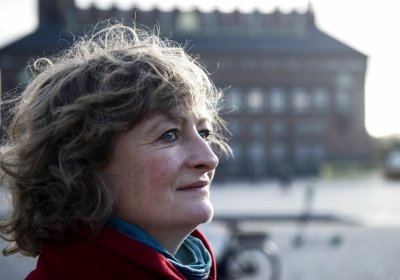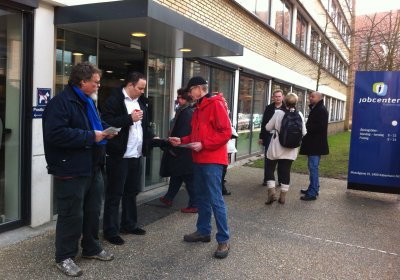The radical left Red-Green Alliance shook up Danish politics in November, coming first in the elections for Copenhagen City Council. Line Barfod headed its ticket and is now in charge of urban renewal and development, climate, housing and traffic. She spoke with Green Left’s Dick Nichols.
Copenhagen
Former metalworker Søren Søndergaard, who represents the outer Copenhagen electorate of Gladsaxe in the Danish parliament, has a long history in radical left politics.
In the 1980s, he was part of the leadership of the Socialist Workers Party, one of the three founding organisations of the Red-Green Alliance (RGA), known in Denmark as the Unity List — the Red-Greens.
The annual conference of Denmark’s Red-Green Alliance (RGA) — commonly known as the Unity List — took place in Copenhagen on April 27-29 during a moment of class struggle unusual in these times of weakened trade unions.
The conference of the radical left force wouldn’t even have happened on those days if Denmark’s public sector unions had been forced to strike in support of their demands over wages and conditions.




